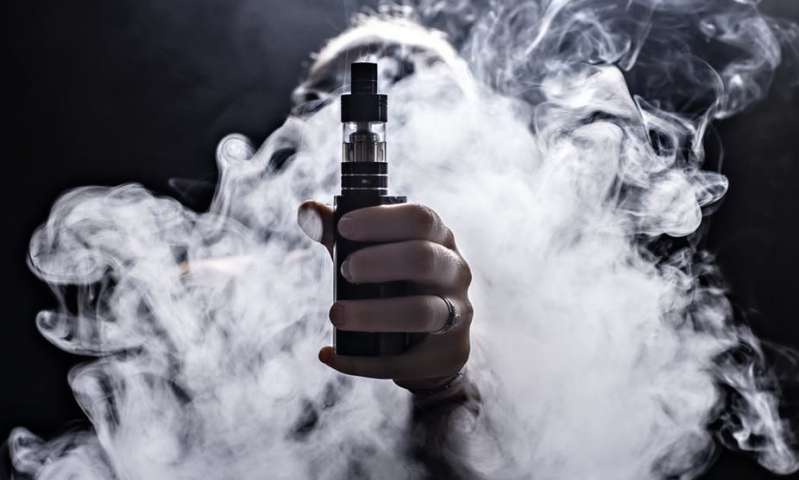In recent years, the realm of personal wellness and lifestyle choices has been significantly impacted by the emergence of Cake Disposables Vaps, or the act of inhaling vapor produced by an electronic device, has rapidly gained popularity as an alternative to traditional tobacco smoking. This trend is not without controversy, as concerns about its long-term health effects and appeal to younger audiences have sparked debates among health experts and policymakers alike.
Personal vaporizers, often referred to as electronic cigarettes or e-cigarettes, have taken center stage as the primary tool for vaping. These devices work by heating a liquid solution containing nicotine, flavorings, and other chemicals, converting it into an inhalable aerosol. While proponents argue that vaping is a less harmful option compared to smoking traditional cigarettes due to the absence of tar and combustion, critics raise alarm bells about the potential risks associated with inhaling unknown chemicals and the nicotine content that can lead to addiction, particularly among young individuals.
One of the most pressing concerns surrounding vaping is its impact on adolescents. The allure of novel flavors, sleek designs, and easy accessibility has made e-cigarettes appealing to a younger demographic, raising worries about the normalization of nicotine use among teens who otherwise might not have considered smoking. To address this, several countries have implemented stringent regulations on marketing and sales of vaping products to minors. However, the rapid evolution of the vaping market and the internet’s vast reach make enforcing these measures a challenge.
From a health perspective, while vaping is generally considered less harmful than smoking tobacco, the long-term effects of inhaling vaporized chemicals remain a subject of ongoing research and debate. Some studies suggest that vaping may still contribute to respiratory issues and heart problems, while others argue that its potential harm pales in comparison to traditional smoking. The lack of extensive research on the topic underscores the need for comprehensive studies that can provide clearer insights into the health implications of vaping.

